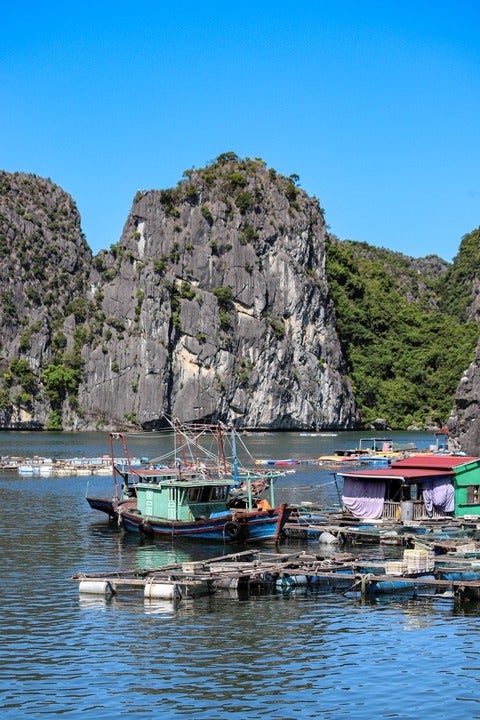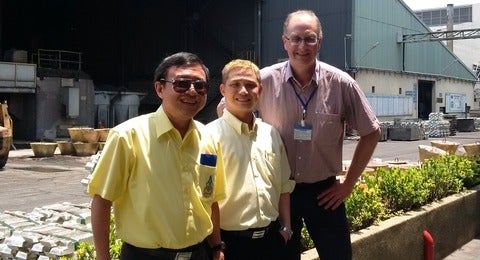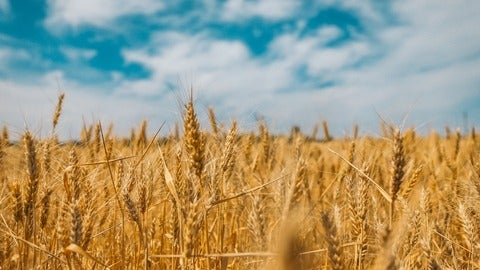WIEG researchers are generating life cycle assessment (LCA) datasets to evaluate the sustainability of battery materials and production processes.
Projects - search
Filter by:
Establishing resource efficient circularity pathways for urban mines of battery materials in Canada
RECOVER focuses on enhancing small islands’ capacity to adapt to climate change through more inclusive, and research-informed decision environments. Small Island Developing States (SIDS) are on the frontlines of climate change and need transformational adaptation strategies urgently. Three SIDS in the Asia-Pacific region will serve as “hubs of innovation” for scalable and systems-changing climate resilience approaches.
Illuminating global sources of minerals and metals for responsible sourcing. A data-driven transparency initiative for mapping and tracking responsible production and trade of minerals and metals.
MetaRisk-W frames the vulnerability of Small Island Developing States (SIDS) to water stress from the perspective of “metabolic risk”, defined as systemic risks associated with the circulation, integrity, and availability of critical resources in a socio-ecological system.
Smelters and refineries are central nodes in both primary and recycled metal value chains. We are developing a database that supports materials flow analysis, business analytics and metallurgical engineering knowledge to characterize metal processing, recycling capacity, and business capability -- in support of a circular economy for metals and more sustainable sourcing of primary materials in the 21st Century.
Supporting small-scale fishers in their transition from vulnerability to viability.
The aim of this project is to quantify the life cycle greenhouse gas emissions of major organic crops across Canada, and to understand the underlying factors driving these emissions.
Advancing criticality assessment on a global level through workshops and joint publications
Educating people in industry and academia about sustainability of critical raw materials
Healthcare is a critical service sector with a sizable environmental “footprint”. Our research applies industrial ecology approaches to examine this area more systematically.
Projected global peak population and growing affluence are rapidly increasing pressure on agricultural production and undermining the ability of critical regional- and global-scale life support systems to sustain humanity. To ensure nutritional security and biophysical sustainability, we need to understand dietary patterns, their impacts and what can be done to shape them.






